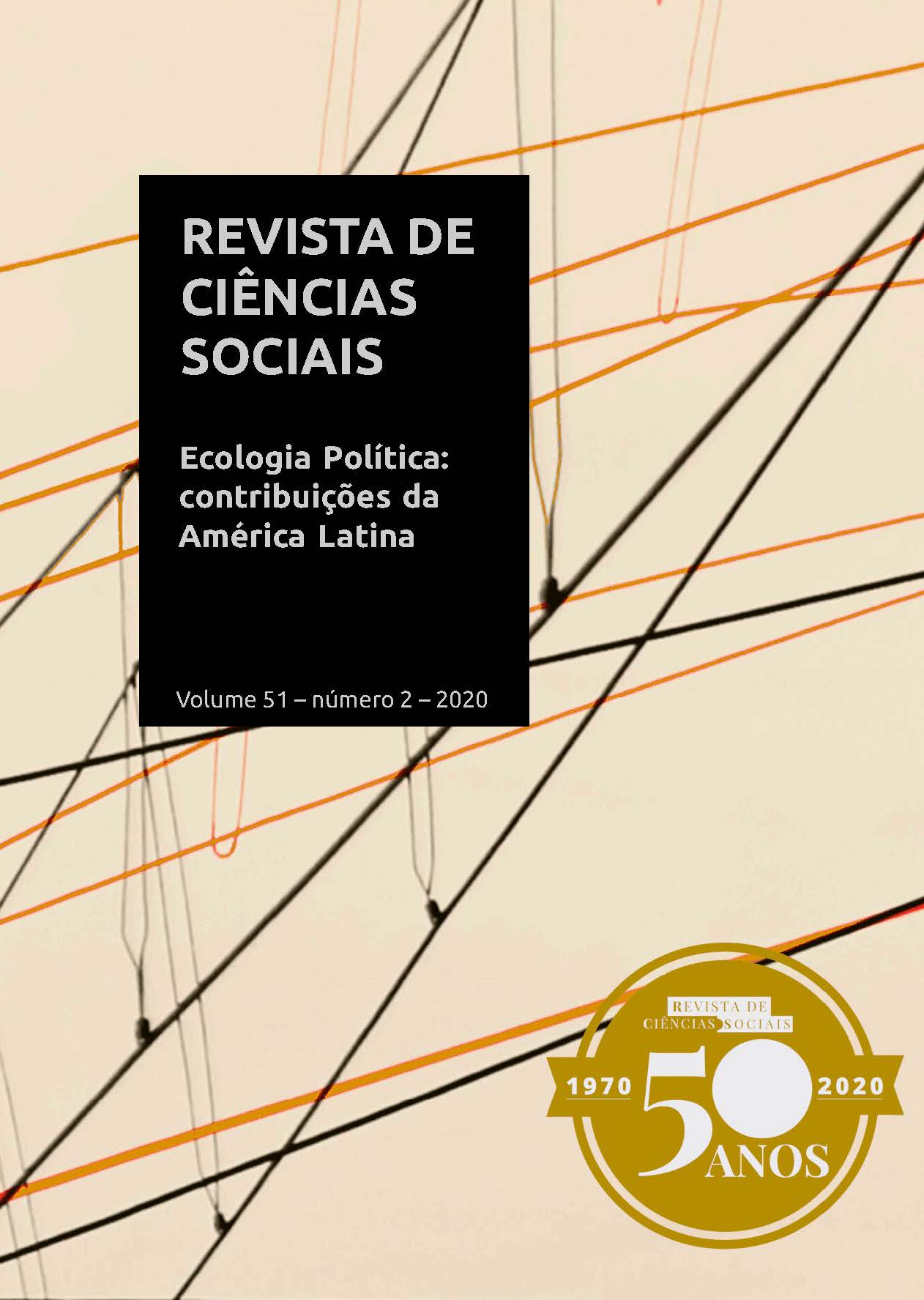Land ownership, infrastructure and conservation policy as exclusionary mechanisms from tourism development in the coast of Oaxaca, Mexico.
DOI:
https://doi.org/10.36517/rcs.2020.2.d06Keywords:
political ecology of tourism, development, socio environmental exclusionAbstract
Tourism stands out as a development strategy in the global south. Yet, according to its own promoters, two of its central problems are lack of local participation in its benefits, and environmental destruction. The objective of this piece is to show that hose problems are nor fortuitous, and that despite its developmentalist overtones, they can be atribued to the touristic project envisaged by the state. Taking the case of a tourist-dominated region of the south of Mexico, three mechanisms of exclusion are analyzed: intervention in the property regime; creation of infrastructure and environmental regulation. In addition to confirming the exclusionary nature of the tourist enclave model, the analysis allows to understand the logic of resistance / acceptance of the communities and suggests that only local appropriation will make tourism a true development alternative.
Downloads
Published
How to Cite
Issue
Section
License
Autores que publicam nesta revista concordam com os seguintes termos:- Autores mantém os direitos autorais e concedem à revista o direito de primeira publicação, com o trabalho simultaneamente licenciado sob a Creative Commons Attribution License, que permite o compartilhamento do trabalho com reconhecimento da autoria do trabalho e publicação inicial nesta revista.
- Autores têm autorização para assumir contratos adicionais separadamente, para distribuição não-exclusiva da versão do trabalho publicada nesta revista (ex.: publicar em repositório institucional ou como capítulo de livro), com reconhecimento de autoria e publicação inicial nesta revista.
- Autores têm permissão e são estimulados a publicar e distribuir seu trabalho online (ex.: em repositórios institucionais ou na sua página pessoal) a qualquer ponto antes ou durante o processo editorial, já que isso pode gerar alterações produtivas, bem como aumentar o impacto e a citação do trabalho publicado (Veja O Efeito do Acesso Livre).



